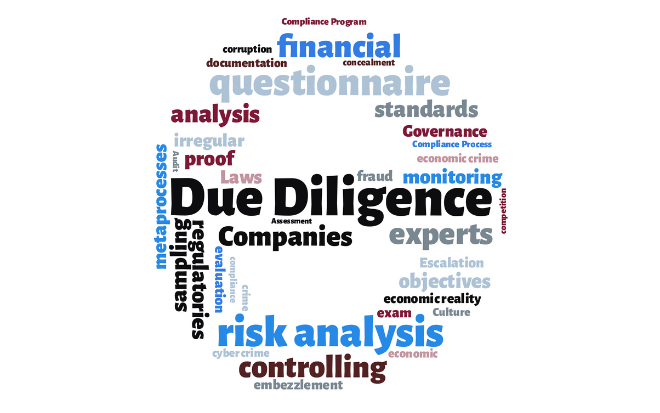
How we help Early-Stage Companies in their Due Diligence?
The world of early-stage investing is exhilarating. You’re at the ground floor of groundbreaking ideas, witnessing innovation take its first wobbly steps. But alongside the excitement lies inherent risk. How do you evaluate a young company with limited data and make informed investment decisions? Fear not, intrepid investor, for we’re diving into the realm of due diligence for early-stage businesses.
Forget the traditional spreadsheets and financial audits. Here, we’ll equip you with practical tips to navigate the murky waters of limited data and unlock the true potential of young companies.
Shifting Your Mindset:
First things first, ditch the traditional due diligence approach. You’re not dealing with established corporations with years of data. Instead, embrace a qualitative, future-oriented perspective. Here’s how:
1. Focus on the Team: People are the engine of any company. Assess the founders’ experience, passion, and problem-solving skills. Interview them, dig into their track records, and understand their vision for the future. Are they the type to navigate challenges and adapt to change? Remember, a great team can overcome a multitude of obstacles.
2. Unravel the Problem: What pain point is the company addressing? Is it a real, significant problem with a large enough market? Dive deep into the customer segment and understand their needs. Talk to potential customers, validate the problem, and assess the market size and growth potential.
3. Evaluate the Solution: Is the proposed solution unique, differentiated, and viable? Analyze the competitive landscape and understand the company’s competitive advantage. Does their solution have a clear value proposition that resonates with the target audience? Remember, innovation alone isn’t enough; it needs to solve a real problem effectively.
4. Embrace Flexibility: Early-stage businesses are by nature dynamic and adaptable. Don’t get bogged down in rigid financial projections. Instead, assess their business model, go-to-market strategy, and growth plan. Are they flexible and adaptable enough to pivot and adjust based on market feedback?
5. Data, Shmata! Be Resourceful: Limited data doesn’t have to be a dealbreaker. Get creative! Look for alternative data sources like web traffic, social media engagement, customer reviews, and industry reports. Conduct user interviews, leverage industry experts, and build a holistic understanding of the company’s potential.
Practical Tools for Your Toolkit:
Now, let’s equip you with some actionable tips:
1. Reference Checks: Talk to past investors, advisors, and partners. Get a 360-degree view of the team, their work ethic, and their ability to deliver.
2. Customer Validation: Don’t just take the company’s word for it. Talk to their existing customers and understand their experience. What do they love? What could be improved?
3. Competition Analysis: Conduct a thorough competitor analysis. Map out the competitive landscape, understand their strengths and weaknesses, and see how the young company positions itself.
4. Financial Modeling: While traditional financial statements might be limited, create pro forma models based on industry trends and market research. Remember, these are estimations to gauge potential, not guarantees.
5. Legal Due Diligence: Don’t overlook the legalities. Ensure the company has clear ownership structures, intellectual property rights, and regulatory compliance.
Remember: Due diligence is not about ticking boxes or finding flaws. It’s about unveiling potential, assessing risk, and making informed investment decisions. Embrace the uncertainty, focus on the big picture, and trust your gut. After all, investing in early-stage businesses is about betting on the future, and the future, by definition, is uncertain.




